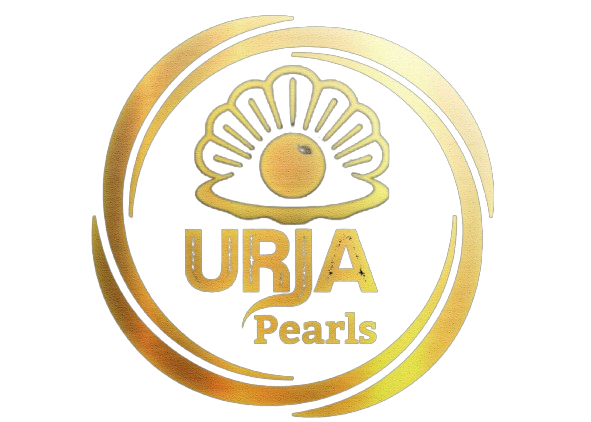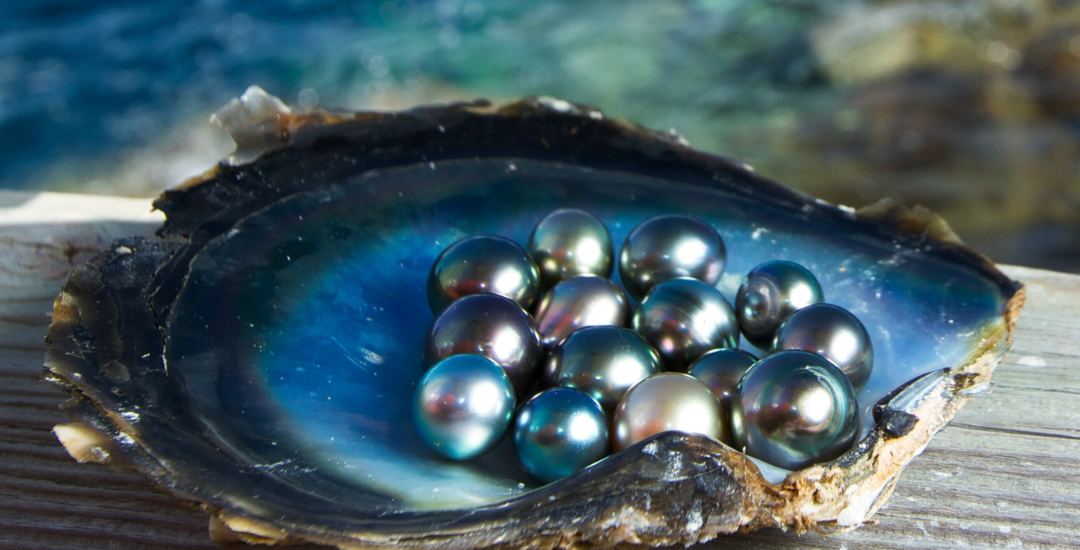Ammonia management is crucial in pearl farms as it directly impacts the health and growth of mollusks, which in turn influences the quality of pearls produced. Here are the key reasons highlighting the importance of ammonia management in pearl farms:
Mollusk Health:
Ammonia is toxic to mollusks, including the freshwater mussels commonly used in pearl farming. Elevated ammonia levels in water can stress and harm the mollusks, leading to reduced immunity, weakened shells, and overall poor health.
Pearl Quality:
Healthy mollusks are more likely to produce high-quality pearls. Proper ammonia management helps maintain optimal conditions for mollusk health, contributing to the formation of pearls with desirable characteristics such as luster, shape, and surface quality.
Nacre Formation:
Nacre, the iridescent substance that forms the layers of a pearl, can be adversely affected by elevated ammonia levels. Unhealthy mollusks may produce pearls with thinner nacre layers, compromising their durability and overall quality.

Growth Rate of Mollusks:
Ammonia toxicity can slow down the growth rate of mollusks. In pearl farming, the time taken for a pearl to reach maturity is crucial for achieving desirable size and quality. Managing ammonia levels supports optimal growth rates.
Prevention of Ammonia Burns:
Elevated ammonia concentrations can cause burns on the soft tissues of mollusks, particularly the mantle, which plays a key role in the formation of nacre. Ammonia burns can lead to irregularities and imperfections in the pearls.
Overall Farm Productivity:
Maintaining a healthy environment with proper ammonia management contributes to the overall productivity of the pearl farm. Healthy mollusks are more resilient to diseases and environmental stressors, reducing the risk of losses in the farming operation.
Sustainable Farming Practices:
Effective ammonia management aligns with sustainable and responsible pearl farming practices. By minimizing environmental stressors and ensuring the well-being of the mollusks, farmers contribute to the long-term sustainability of their operations.
Compliance with Regulations:
Many regions have regulations and guidelines regarding water quality in aquaculture operations, including pearl farms. Adhering to these regulations is essential for both ethical and legal reasons, and ammonia management is often a key aspect of compliance.
Cost Efficiency:
Proper ammonia management can prevent the need for expensive interventions to address the consequences of ammonia toxicity. This includes avoiding potential losses in mollusk populations and the costs associated with treating sick or stressed animals.

Research and Innovation:
Ongoing research into the effects of ammonia on mollusk health and pearl quality can lead to innovations in farming practices. Staying informed about the latest findings allows pearl farmers to implement effective management strategies.
In summary, ammonia management is integral to the success of pearl farming operations. By prioritizing the health of mollusks and maintaining optimal water conditions, pearl farmers can enhance pearl quality, promote sustainable practices, and ensure the long-term viability of their farms.

